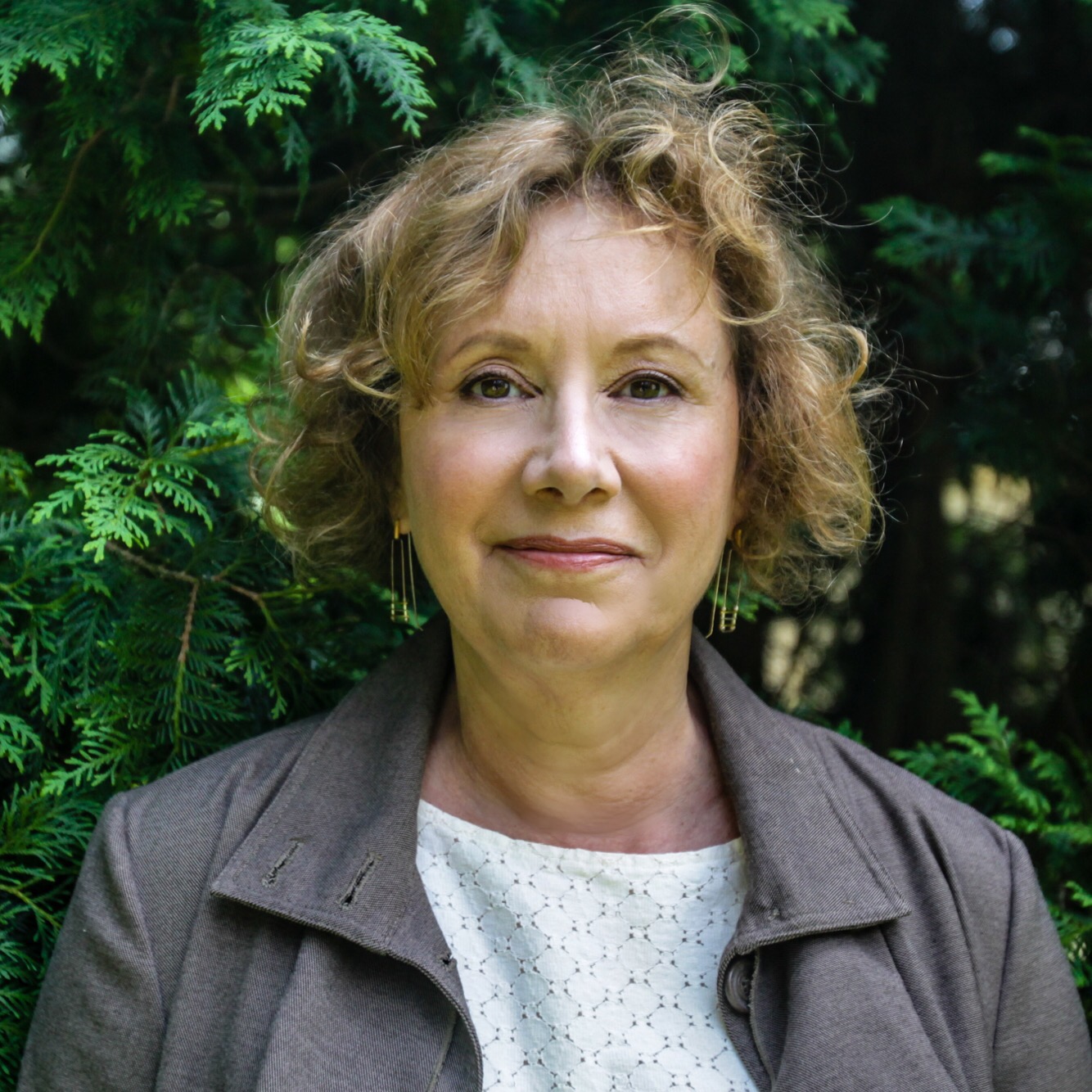Like other bookworms, I fall in love over and over again, and happily so.
What does it take for a book to capture my heart? It begins with the mechanics. Figuratively speaking, a book has to be firing on all cylinders to get my heart pumping. Eloquent writing, an emotionally riveting plot and complex, memorable characters, are essential for starters. A dash of humor helps, too.
If a book should achieve the above, but go even higher by leaving me with a deeper understanding of human nature, plus have me yearning for more, I am over the moon.
I was in a state of reading euphoria with Hum If You Don’t Know the Words, an exceptional coming of age story and debut novel from Bianca Marais.
Hum if You Don’t Know the Words
Set in apartheid South Africa in 1976, the year of the Soweto Uprising, the story is narrated by two very different South Africans: a white child suddenly orphaned and a black woman desperate to find her missing daughter.
Robin is a plucky nine year-old white girl raised in privilege with all the comforts therein. Her parents employ Mabel, a black housekeeper to do the cleaning, cooking and caregiving. Robin loves Mabel but sees her as a servant, not an equal, because this is what she has been taught.
I cringed at the dismissive way Mabel was spoken to and treated by her employers, but this was the norm at the time. In pre-apartheid society all black people, even those who lived with you, were second class.
SPOILER ALERT …
Robin’s life changes dramatically when her parents are brutally murdered. She and Mabel are taken to the police station. After being detained for a short while, Mabel is released and flees, without a backward glance. Robin is rescued by her aunt, and life as she knew it has been erased.
Her aunt Edith never wanted children, and is an unwilling guardian. Self-involved and irresponsible, she can not manage to give Robin the stability a child deserves.
At the same time, Beauty, a black schoolteacher, has been notified that her anti-apartheid activist daughter is in danger. Leaving the rest of the family behind in their rural village, Beauty travels to Johannesburg to search for her beloved Nomsa. She needs to find employment in order to have the required credentials to stay there. When she learns that Edith needs a nanny, she applies for the position.
That is how two very different lives are connected by tragedy.
Through Beauty, Robin’s universe is expanded. She learns about systemic racism and starts to question the values she had been taught. As she develops relationships with other “forbidden” segments of society — the Jewish family in their apartment building, Edith’s gay friends, black neighbors — she sees that people are people, and our commonalities are greater than our differences, and the definition of family can expand beyond mother and father.
As Beauty continues to look for her daughter, she learns about her capacity for patience, bravery, and mothering.
Obliterating racism starts with us.
When Robin is asked by a black child why whites hate blacks, she responds:
“Maybe it’s just that everyone needs someone to hate, and it’s easier to treat people terribly if you tell yourself they’re nothing like you.”
Finding our similarities while accepting our differences.
That doesn’t sound insurmountable, does it?
One of my lucky readers will receive a copy of Hum If You Don’t Know the Words. Please leave a comment below and a winner will be randomly selected. USA addresses only, please.
I received a copy of Hum If You Don’t Know the Words from Putnam for an honest review,
which is the only kind of review I write.




